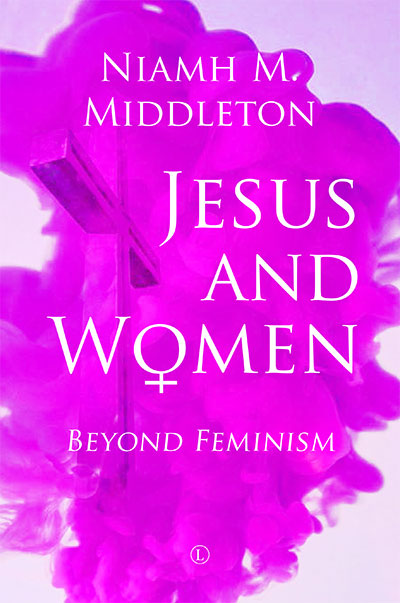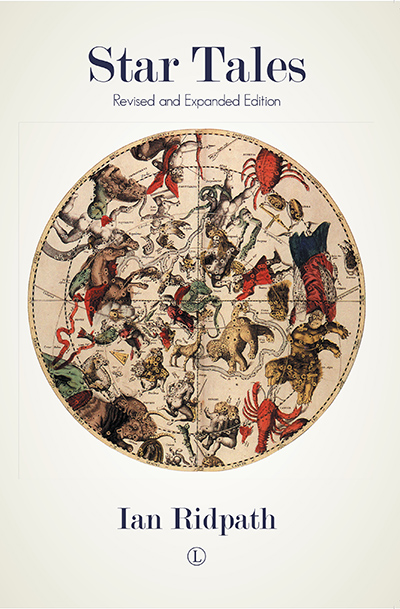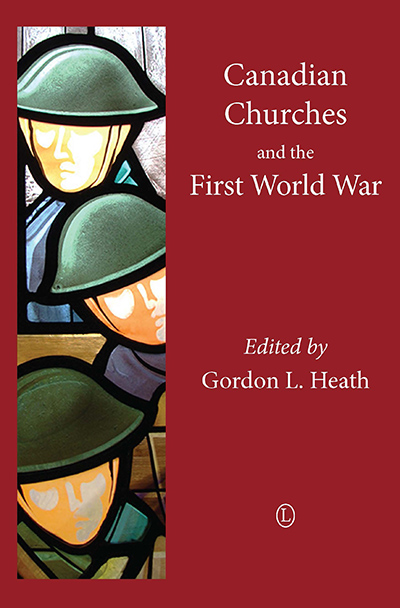Description
In Jesus and Women, Niamh Middleton combines insights from evolutionary biology, feminism and the #MeToo movement to highlight the revolutionary attitude of Jesus towards women. Her careful exegesis, comparing the treatment and depiction of women in the Old and New Testaments, illuminates the way forward for the treatment of women by Church and society. More importantly, however, it holds the potential to greatly enrich our understanding of Jesus’ divinity.
Middleton’s bold approach encourages Christian women to reclaim their religion as a tool for empowerment, correcting the regressive course that Christianity has taken in this regard since Roman times. She also cites the remarkable life and untimely death of Western heroine Diana, Princess of Wales as an archetypal example of why Christianity must be reclaimed by its female members. Above all, she powerfully argues that while political feminism can tackle the symptoms of the perennial ‘battle of the sexes’, only a revolution of grace can bring about a full restoration of the harmony between the sexes described in Genesis.
About the Author
Niamh M. Middleton lectured in Theology and Philosophy at Dublin City University from 2005 until 2020 when she decided to take early retirement in order to focus on her writing. She previously studied at Mater Dei, Dublin and the Pontifical University, Maynooth. Her main area of research concerns the implications of evolutionary theory for Christianity and the relationship between religion and science overall. Her previous publications include Homo Lapsus: Sin, Evolution and the God who is Love (2019).
Contents
Acknowledgements
Introduction
1. ‘A Relationship Marked by Lust and Domination’: Genesis, Evolution and #MeToo
2. The Portrayal of Women in the Old Testament
3. The Portrayal of Women in the Gospel Texts
4. ‘Do You See This Woman?’
5. The Two Marys
6. The Reconciliation of Martha and Mary
7. Jesus, the Son of Man: A Revolution of Grace
8. The Role of Women in the Church
9. The People’s Nun and the People’s Princess
Conclusion: The Transformation of Religious and Political Power Structures
Bibliography
Index
Endorsements and Reviews
As the global #MeToo movement has clearly demonstrated, women are no longer willing to accept being treated as the ‘second sex’, both inside and outside of the Church. Jesus and Women is an inspirational call-to-action for all women, making it clear that they are every bit the equal of men in God’s eyes and that it is time to make their voices heard to bring about the fair and impartial world that is their inheritance and due. A must read.
Richard Moriarty, North West Editor, The Sun
Exhaustively researched, and persuasively argued throughout … [Niamh Middleton] provides a robust feminist challenge to the Christian Church’s institutional gender inequality.
Gwyneth Rees, in The European
Jesus and Women is an immensely personal and deeply thoughtful book. It challenges and instructs at all levels. Great fun to read; hugely important to take seriously.
Michael Ruse, Professor of Philosophy, Florida State University
Jesus and Women: Beyond Feminism by feminist theologian Dr Niamh M. Middleton provides a long-overdue dissection of institutional sexism within the Church, and how women must lead the way in restoring gender equality. This is an essential read for all Christians, and anyone concerned with the question of gender equality…..In conclusion, Jesus and Women provides a bold and brilliant multi-disciplinary assessment of an age-old problem, taking an intellectual and irresistible battering ram to any remaining notions of male superiority.
Timothy Arden, The Scotsman, May 2022
At the heart of this book is a call for women to reclaim Christianity from the stranglehold of the patriarchy. Using the examples of the #MeToo movement, as well as the relationship between Princess Diana and Mother Teresa, Middleton shows the destructive power of the subjugation and exclusion of women in terms of both political and social power, and in equality in religious participation and authority.
Amy Rivers, Christian Feminism Today, July 2022






